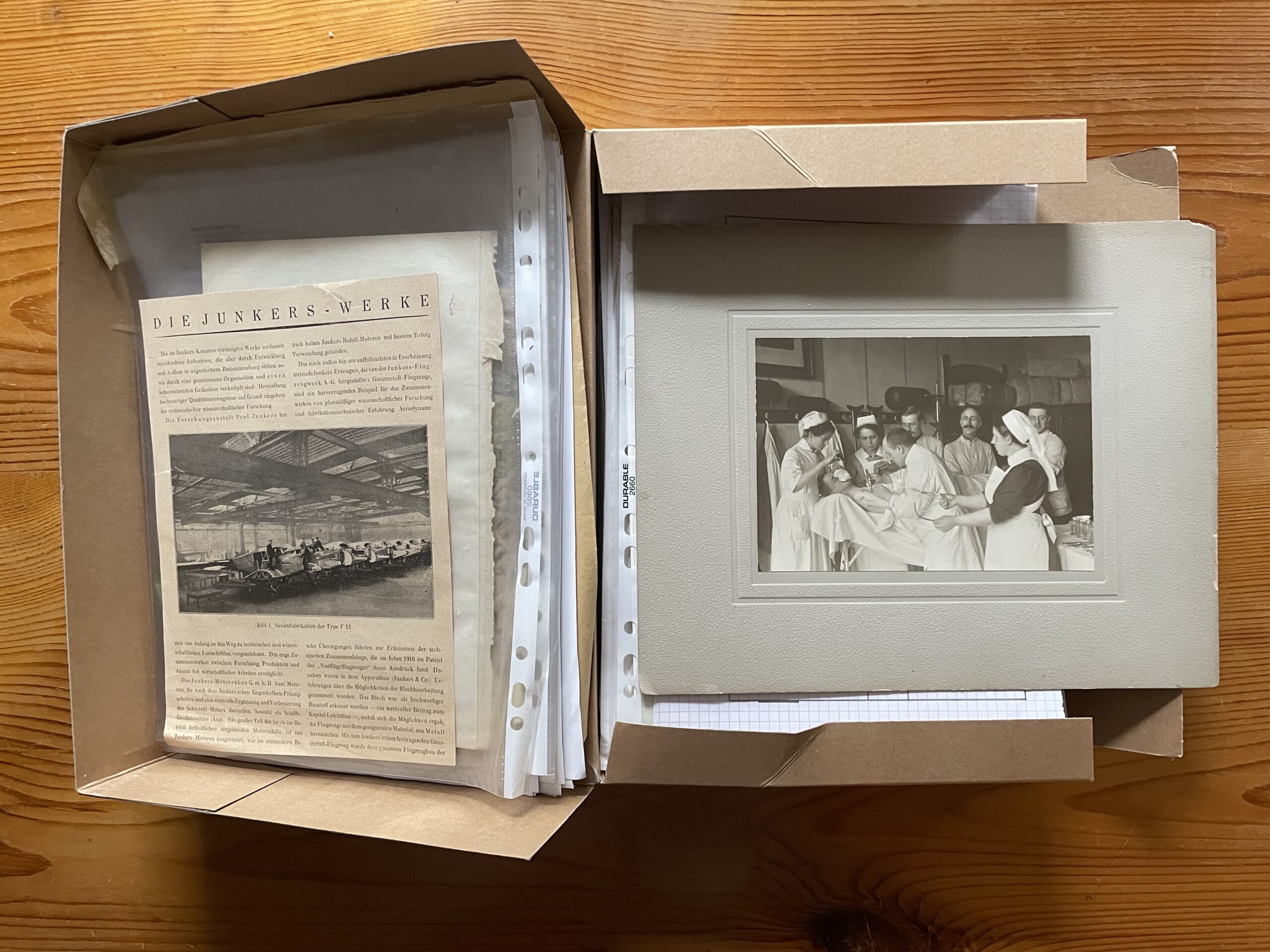
Atlas Shrugged
5.viii.19
Today the new book, final finishing touches applied, left my desk for the printer’s – ready, no, released. There are no old printouts to get rid of, zero books to return to the shelves, not even a boiler suit to wash or a letter of condolence to post to myself. All that remains is to manage the emptiness in the most sensible manner.
Before I’ve worked out how to do that, however, I ought to understand what this sensation is made of.
While working on the book, the feeling that »Would this were over soon« was never far away. But when, at last, »this« is it, which is to say: »over«, my main sensation is perplexity. What to do with the muscles that have grown accustomed to the daily exercise? How to manage the routines that have become second nature since I wrote the first sentence in mid-March last year – pretty exactly 296 working days ago (That’s right, I’ve counted them)? Not that it means anything in itself, but this time the workload was greater than ever – at least measured by the number of characters. Unless the computer’s counter is wrong, 187,123 words have just been packed off to the printer’s. Plus around 600 images.
I’ve never grappled with that amount of material before. Though complexity is scarcely measureable on the basis of volume, bulk brings its own sort of challenge. When a text has grown to such length it’s no longer possible to read it in one day, which has hitherto been my rule of thumb during the polishing phase – and which, I think, will remain my ideal. It also makes it physically impossible to keep abreast of matters at the level of detail. The question is whether that is even desirable. I would like to believe: yes, after all. But the impossibility of keeping every fictional temperament, each turn of events and style level simultaneously in your head forces you to exercise greater flexibility. The writing itself changes in a fundamental manner. One’s reliance on the single phrase or isolated paragraph grows, for example, as the participatory overview – that oddest of things – in salient cases is available only there and thus. Suddenly I am even tempted to get lost in that pleasurable way that can happen in a city one actually knows well.
What remains, then, in these hours after the parting? No tremolo of violins, no quavering voice. Only, yes, emptiness. Is this a hollowness in the manner of »My god, what do I do now?« No, the sense of liberation is too great for that. Is it grief? Hardly. At most, it is bittersweet joy – that sting of thank-you-it-was-good-while-it-lasted. In other words: melancholy insouciance. What about depression, then? That least of all. Only if I take the word at its original meaning, as something that »presses down«, do I get a sense. That is, the emotion I am having is its opposite: overwhelming relief.
When I ponder the carefree emptiness that has come over me I realise what the titan must have felt like when Hercules shouldered his burden – far away, at the beginning of time and at the western edge of the known world.
At last, I can shrug my shoulders.
(5.VIII.19)